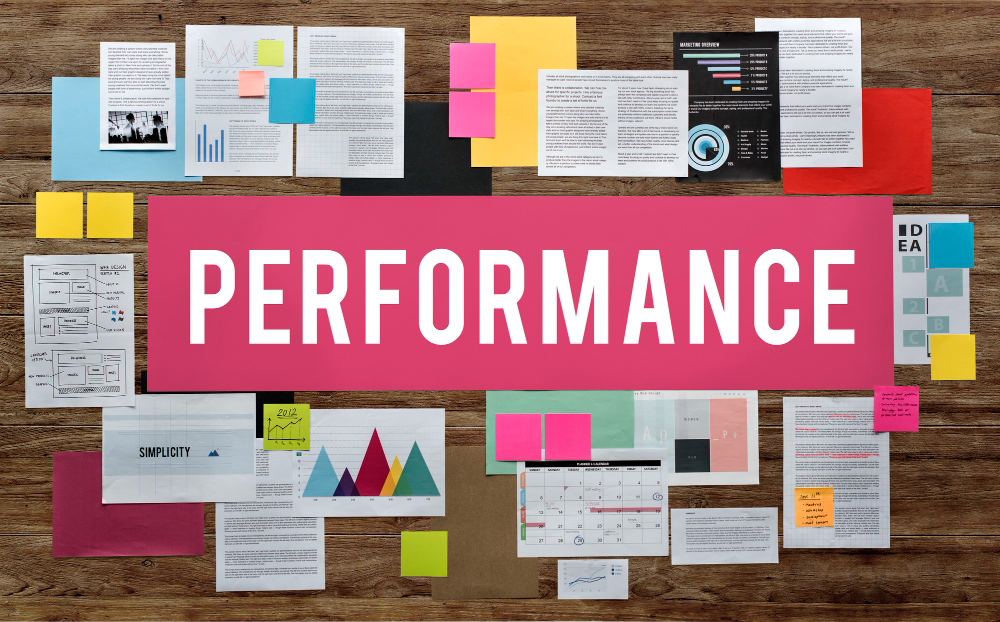It’s that time of year again when you sit across the table from your manager, palms sweaty, as you revisit your work over the past 12 months. For some, this moment is a rite of passage that provides an invaluable roadmap for career advancement. For others, it’s akin to an annual dental check-up—one of life’s necessary evils that could leave you with a bad taste in your mouth. So, are annual performance reviews a catalyst for professional growth, or are they an outdated, counterproductive practice? Strap in, because we’re about to dissect the age-old corporate tradition from both angles.
The Case for Annual Performance Reviews
Professional Development
It’s an open secret that we humans have a blind spot when it comes to self-assessment. If everyone on the freeway thinks they’re an above-average driver, something doesn’t add up, right? This is where annual reviews shine. They give you a bird’s eye view of your work life, something you don’t get mired in daily tasks. Managers can highlight areas where you excel, and perhaps more importantly, the blind spots where you could stand to improve. This feedback can serve as a critical tool for your professional development.
Sure, nobody enjoys criticism. But think of it as your GPS for career navigation. Sometimes you need that disembodied voice telling you to take the next exit to avoid a traffic jam, even if it’s frustrating to hear. Annual reviews offer that guidance, providing targeted suggestions for improvement while underlining your strengths.
Objective Evaluation and Rewards
In an ideal world, promotions and raises would always go to the most deserving. In reality, office politics and subjective impressions often muddy the waters. The structured nature of annual reviews aims to level the playing field, providing a more standardized criterion against which all employees can be assessed.
This isn’t just about ticking boxes. Companies often align bonuses, raises, and promotions with the outcome of these evaluations. Consequently, a favorable review can unlock new opportunities and financial rewards. It’s like passing.”
Go” in a game of Monopoly and collect $200; it’s an affirmation of your hard work and a tangible benefit rolled into one. When done well, annual reviews can serve as a cornerstone for recognizing and rewarding employee achievements in a more organized, fair manner.
Still, this system isn’t without its critics. Many would argue that despite their merits, annual reviews have significant shortcomings. So, let’s flip the coin and explore what the naysayers have to say.
The Critique of Annual Performance Reviews
As the traditional annual review fades away, says entrepreneur and business advisor Kris Duggan, performance management will become more about feedback and development in real-time. Still, he doesn’t think that the annual review should necessarily be completely done away with. He believes it should be improved upon and “combined with regular check-ins and ideally quarterly meetings between managers and employees.”
Here are some considerations to take into account
Perils of Inaccuracy
Imagine cramming for a final exam the night before, only to realize the test questions cover material from the entire semester. Overwhelming, isn’t it? That’s how annual performance reviews can sometimes feel. A year’s worth of work, distilled into a single evaluation, can miss the nuances and neglect the context of challenges faced throughout the year.
Also, performance reviews may also suffer from a “recency bias,” focusing too much on events that occurred shortly before the review period. It’s like grading a movie based solely on its ending, overlooking the plot twists and character development that led there. This kind of incomplete picture can make annual reviews inaccurate and unfair.
Psychological Impact on Employees
Remember the dread you felt before your most difficult school exam? That same apprehension often accompanies performance reviews, leading to increased stress and anxiety for employees. And let’s not forget: stress rarely brings out the best in people.
Consider the impact on team dynamics. When performance reviews are tied to financial incentives, the collaborative atmosphere can sometimes devolve into a competitive one. It’s akin to dividing a pie; if one person gets a bigger slice, others get less. Such a setup may discourage collective problem-solving and foster a “me-first” environment, which is hardly conducive to organizational success.
So, where does this leave us? Are annual performance reviews an engine for professional growth or a hurdle to true organizational success? The truth likely lies somewhere in the middle. Like a Swiss Army knife with both useful tools and extraneous gadgets, annual performance reviews come with their share of pros and cons. It might be worth considering a blended approach, where the traditional annual review is supplemented with more frequent check-ins and feedback loops.
The key takeaway here is that while performance reviews have the potential to serve as an effective tool for growth, their success is deeply contingent on their execution. Just as a musical instrument is only as good as the musician playing it, a performance review is only as beneficial as the thoughtfulness and integrity put into it by both the reviewer and the reviewee.
So, as you prepare for your next annual performance review, consider it not just as a judgment day but as an opportunity for mutual growth and understanding. Because, in the end, isn’t that what we’re all striving for in our careers?





























































